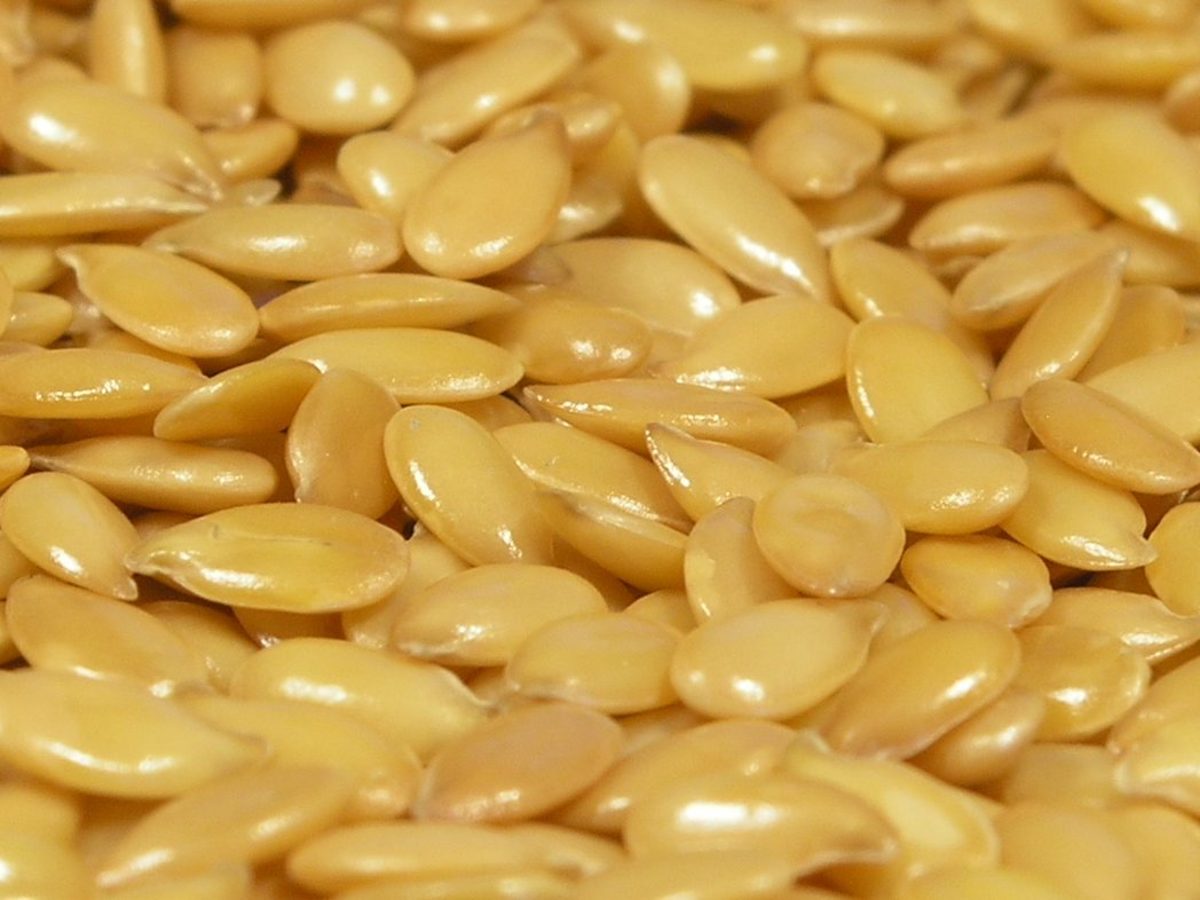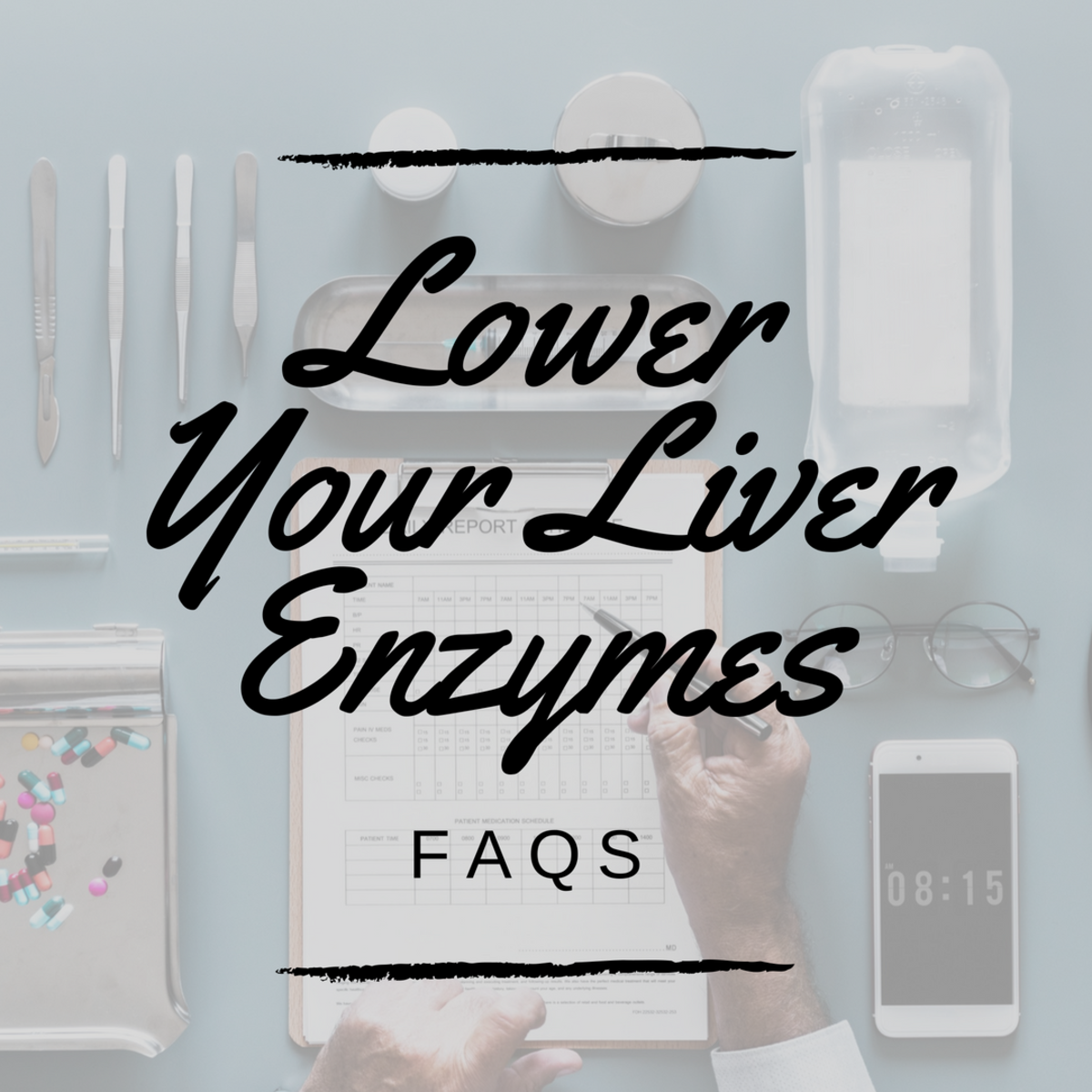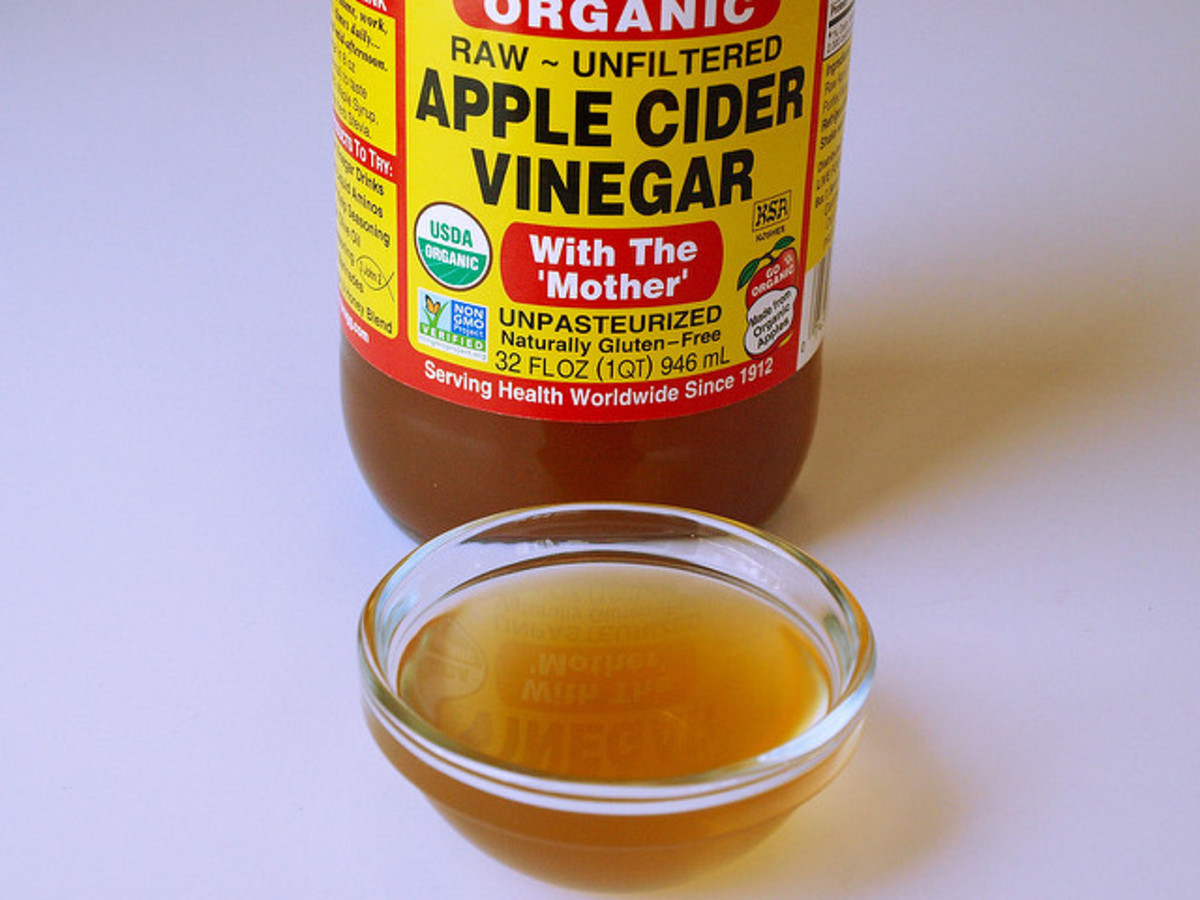CoQ10 and Heart Health
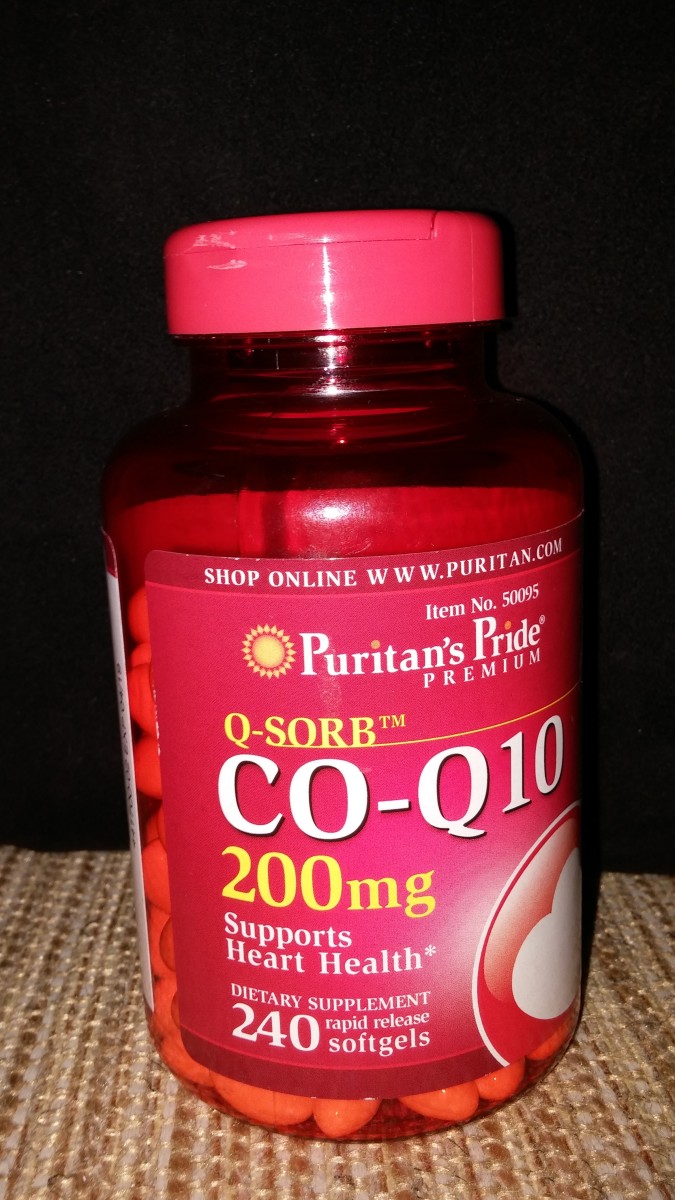
What Is CoQ10 and What Does It Do?
Coenzyme Q1O, more commonly known as CoQ1O, is a natural enzyme. It performs the critical task of producing energy in human cells, along with acting as an extremely powerful antioxidant. Antioxidants aid in the battle against free radicals; which contribute to many health problems, due to the fact that they damage both DNA, and vital cells. CoQ1O encompasses many health benefits including the treatment of chronic fatigue syndrome, age related muscular degeneration, and high blood pressure. It can also be used to lower high cholesterol levels that can cause serious health threats such as heart attacks and strokes.
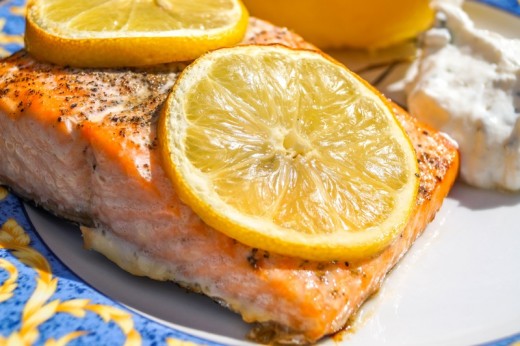
Food Sources of CoQ10
As human bodies grow older, they produce far less CoQ1O. Deficiencies also occur in people that suffer from particular metabolic problems and diseases. Although our bodies produce CoQ1O naturally, the enzyme can also be increased from food sources, and over the counter supplements. Oily fish, such as salmon, and organ meats, like beef liver, are great sources, along with whole grains. If you tend to stay away from those types of foods, or need additional Coenzyme Q1O in your system, than supplements are readily available for purchase, and consumption.
Who Should Take CoQ10?
People that suffer from heart problems, Parkinson’s disease, and Diabetes typically demonstrate low levels of CoQ1O. Medical experts are not sure whether the deficiency leads to contraction of the diseases due to the cells aging so quickly, or these conditions itself cause the low levels.
How is CoQ10 Good for Your Heart?
There is certainly a definitive connection between CoQ1O supplemental usage, and heart health. A recently conducted study has confirmed that patients suffering from heart failure, who received CoQ1O supplements, experienced far fewer negative symptoms than patients taking a placebo. That same study also concluded that the CoQ1O enzyme is instrumental in lowering high blood pressure; which is a leading cause of heart disease.

Explaining Heart Disease and High Cholesterol and It's Relationship to CoQ10
Another extremely important aspect of a healthy heart is controlling cholesterol. High cholesterol is another leading cause of chronic heart disease, and is caused by a variety of sources including family history, and the foods you eat. The following list outlines the most common causes of potentially fatal high cholesterol.
1. Your Diet - Eating too much saturated fat is a leading cause of high cholesterol. This unhealthy fat is typically found in foods that come from animals, such as milk, butter, eggs, cheese, pork, veal, and beef. Many packaged foods contain a plethora of saturated fats. Stay away from palm oil, and cocoa butter. Items that include vegetable shortening, and margarine, such as chips, crackers, and cookies are also huge contributors. Foods that have a high CoQ10 content like salmon, beef liver, kidney and hearts, and spinach and cauliflower are a better choice.

2. Your Weight - Large stomachs are more acceptable in younger people than they used to be. This is probably due to the increased hormone levels in our foods coupled with many schools not having any physical education programs. Increasing stomach measurements do contribute to high cholesterol. Obesity not only increases the bad cholesterol, know as triglycerides, it also decreases HDL, which is the good form of cholesterol that our bodies require for a balanced health. CoQ10 increases your good cholesterol while blocking the bad.
3. Your Activity Level - It is a proven fact that lack of physical exercise increases the production of triglycerides, and decreases HDL. So naturally increasing exercise even minimally will spur a production in CoQ10.
4. Your Age and Gender - Cholesterol levels naturally begin to rise after the age of twenty years old. Women’s cholesterol levels tend to stay fairly low until they reach menopause. After menopause, levels rise to roughly the same levels as men. In men, levels equal out after age fifty. This also decreases the CoQ10 produced in the body. Supplement can help to reverse this.
5. Your overall health - Particular diseases, such as hypothyroidism, and diabetes are contributing factors in experiencing high cholesterol and linked to low amounts of CoQ10.
6. Your Family History - Cholesterol is hereditary, so if any of your family members have it, you are at risk as well. Thus, CoQ10 levels are lower.
7. Smoking Cigarettes - In additional to all of the other health risks associated with smoking cigarettes, they also lower good cholesterol, which is needed to counter-balance bad cholesterol as well as the bodies ability to make CoQ10.
How Does CoQ10 Lower Cholesterol?
CoQ1O is certainly an effectual natural treatment method for lowering high cholesterol. When a person ingests Coenzyme Q1O, it helps lower cholesterol levels by protecting the LDL, or good cholesterol, from oxidizing in the body. The longer LDL sticks around, the better the outcome. CoQ1O also re-energizes mitochondria in tired heart cells, which is a critical area where energy metabolism takes place. When a person maintains excellent heart metabolism, they generally have lower cholesterol levels.
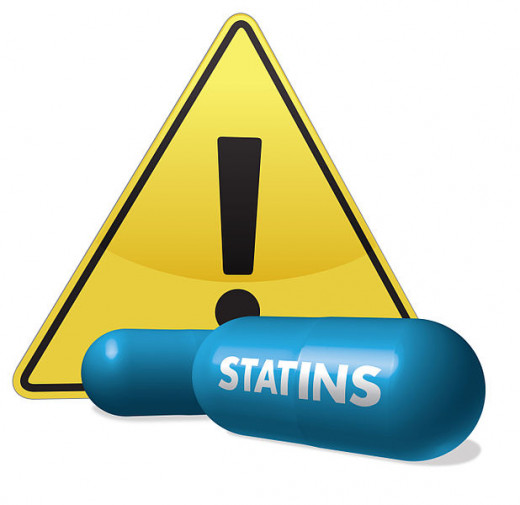
CoQ10 and Statins
Doctors typically prescribe a class of drugs referred to as statins to lower high cholesterol levels. Although they are extremely effective, these types of pharmaceuticals tend to cause damaging side effects and liver damage for numerous patients. For many of these people high cholesterol levels cannot be controlled with natural remedies alone. Statins are needed to prevent the risk of heart attack, which in most doctors opinions is a fate that is far worse than suffering through the nasty side effects of the medicine. CoQ1O, taken in conjunction with statins is a near perfect solution because the enzyme can effectively counter balance some of the more serious negative consequences associated with the prescription drugs.

CoQ10, Statins and Muscle Pain
An annoying side effect of taking statins is physical discomfort, and muscle pain. However a number of patients suffer from far more severe tribulations, including a condition referred to as rhabdomyolysis. This situation transpires when the muscle cells start to breakdown. When muscles begin to collapse, a protein is released into the bloodstream. This protein can lead to acute kidney issues. Medical researchers have stated that CoQ10 is successful solution in treating muscle breakdown, and reduces pain and discomfort for people taking statins. Statins also lower the body’s natural levels of CoQ10. In conjunction, when the levels are reduced, the side effects of the pharmaceuticals tend to increase. CoQ10 supplements help to raise the natural levels, thereby lessening the concern.
Do you take CoQ10?
Conclusion
Since CoQ10 is categorized as a nutritional supplement as opposed to a medication, the Food and Drug Administration does not control it. Due to that fact, anyone is allowed to purchase the enzyme over the counter. Many health food and vitamin stores, along with pharmacies sell it. CoQ10 can also help in the treatment of heart failure, and is an extremely effective supplement to take prior to heart surgery. Overall, CoQ10 can be a terrific natural alternative that is used to treat critically important physical issues that numerous people face. For those of us that currently do not suffer from these problems, it is extremely essential for overall good health to ensure that natural levels are supplemented with the proper foods, and CoQ10 supplements.




